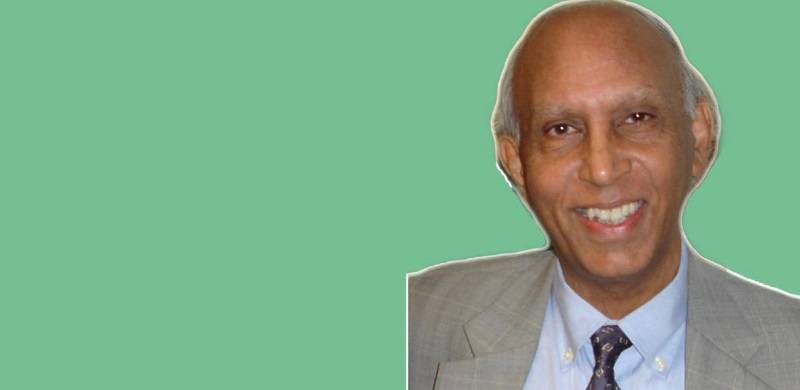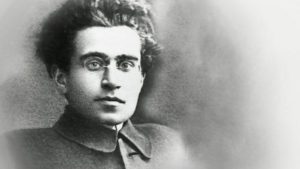
A very dear young colleague wants tips to develop writings skills, especially the ability to undertake critical evaluation of issues in hand. Now, I don't think one can learn such skills by reading any handbooks; writing is an art which some people are gifted with but that is not enough. On must practice writing. Learning a language well is a great asset.
One can say that one's own reading and experiences are of very great importance besides the skill or instinct to write.
One's vocabulary must be vast but the words chosen should be easy to understand for the ordinary reader. However, using unusual words to impress others are is not helpful. Like everything else, one needs to be clear about the concepts that one is working with because someone writing without a standpoint is easily exposed as an attention seeker.
It is soon clear to others that one is neither fish nor fowl.
However, to have a standpoint means one is able to evaluate and critique phenomena in a consistent manner. The readers learn to appreciate the insights writer brings along apart from the common sense meaning and interpretation of things.
For example, I am very sentimental and romantic but when I write on contentious issues, I try to say something coherent and consistent in consonance with the basic principles of reasoning or logic and my humanist commitments.
To young writers and scholars I would say: try to evaluate source material to establish that you have reliable material that you are referring to. Just using anything available online reveals that you are unable to determine the reliability of a source. You cannot hide for long behind some smokescreen, deriving from religious faith, nationalism or else. Clarity of thought is absolutely vital and decisive.
On the other hand, you should be humble enough to keep learning and correcting your information and knowledge.
There are two, or I would say three types of intellectuals. The renowned Italian Marxist philosopher Antonio Gramsci talked about Class (the word he used was organic intellectuals but he meant class intellectuals) intellectuals and State intellectuals. Class intellectuals approach all issues from the class viewpoint of the working class while in contrast there are state intellectuals (he called them traditional intellectuals) who specialize in justifying and legitimizing the interests of the ruling class/elite/establishment and so on.
 I think a third category can be conceived: the public intellectual. The public intellectual tries to take a holistic approach to look for what is possible rather than what is desired.
I think a third category can be conceived: the public intellectual. The public intellectual tries to take a holistic approach to look for what is possible rather than what is desired.
Moreover, someone pretending to be neutral on controversial issues is an opportunist and such a person, in my idea, is not a public intellectual but what Gramsci called the intelligentsia who pretended to be neutral between oppression and justice. One cannot be neutral in such matters.
A public intellectual takes positions, and is ready to critique all abuses of power. Last but not the least, a public intellectual must be committed to human rights, must be secular in order to be fair and must advance alternatives which are individually emancipatory and collectively liberating.
One can say that one's own reading and experiences are of very great importance besides the skill or instinct to write.
One's vocabulary must be vast but the words chosen should be easy to understand for the ordinary reader. However, using unusual words to impress others are is not helpful. Like everything else, one needs to be clear about the concepts that one is working with because someone writing without a standpoint is easily exposed as an attention seeker.
It is soon clear to others that one is neither fish nor fowl.
However, to have a standpoint means one is able to evaluate and critique phenomena in a consistent manner. The readers learn to appreciate the insights writer brings along apart from the common sense meaning and interpretation of things.
For example, I am very sentimental and romantic but when I write on contentious issues, I try to say something coherent and consistent in consonance with the basic principles of reasoning or logic and my humanist commitments.
To young writers and scholars I would say: try to evaluate source material to establish that you have reliable material that you are referring to. Just using anything available online reveals that you are unable to determine the reliability of a source. You cannot hide for long behind some smokescreen, deriving from religious faith, nationalism or else. Clarity of thought is absolutely vital and decisive.
On the other hand, you should be humble enough to keep learning and correcting your information and knowledge.
There are two, or I would say three types of intellectuals. The renowned Italian Marxist philosopher Antonio Gramsci talked about Class (the word he used was organic intellectuals but he meant class intellectuals) intellectuals and State intellectuals. Class intellectuals approach all issues from the class viewpoint of the working class while in contrast there are state intellectuals (he called them traditional intellectuals) who specialize in justifying and legitimizing the interests of the ruling class/elite/establishment and so on.
 I think a third category can be conceived: the public intellectual. The public intellectual tries to take a holistic approach to look for what is possible rather than what is desired.
I think a third category can be conceived: the public intellectual. The public intellectual tries to take a holistic approach to look for what is possible rather than what is desired.Moreover, someone pretending to be neutral on controversial issues is an opportunist and such a person, in my idea, is not a public intellectual but what Gramsci called the intelligentsia who pretended to be neutral between oppression and justice. One cannot be neutral in such matters.
A public intellectual takes positions, and is ready to critique all abuses of power. Last but not the least, a public intellectual must be committed to human rights, must be secular in order to be fair and must advance alternatives which are individually emancipatory and collectively liberating.
